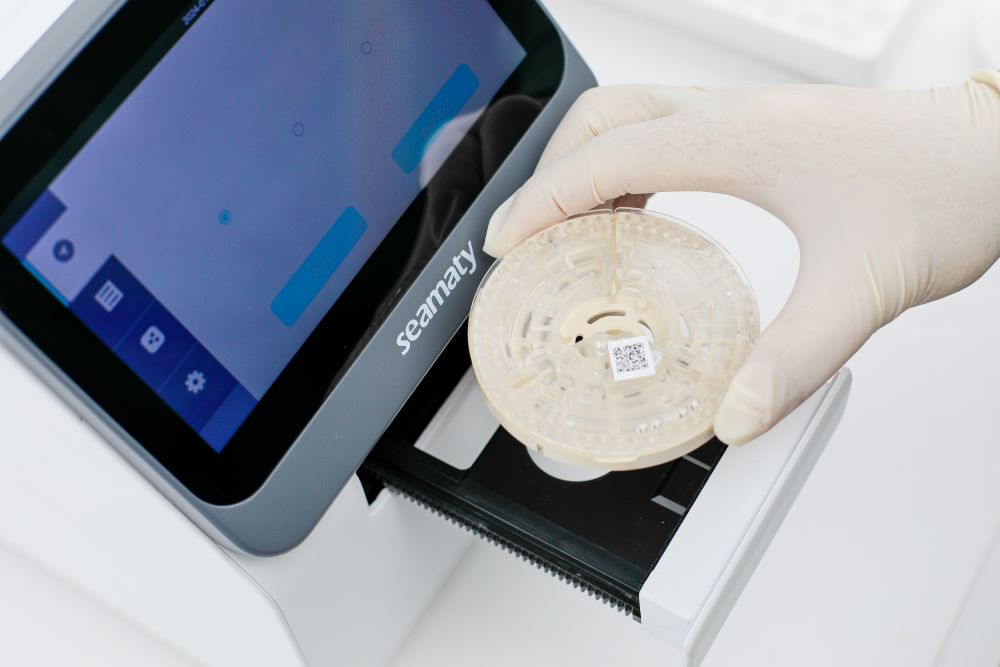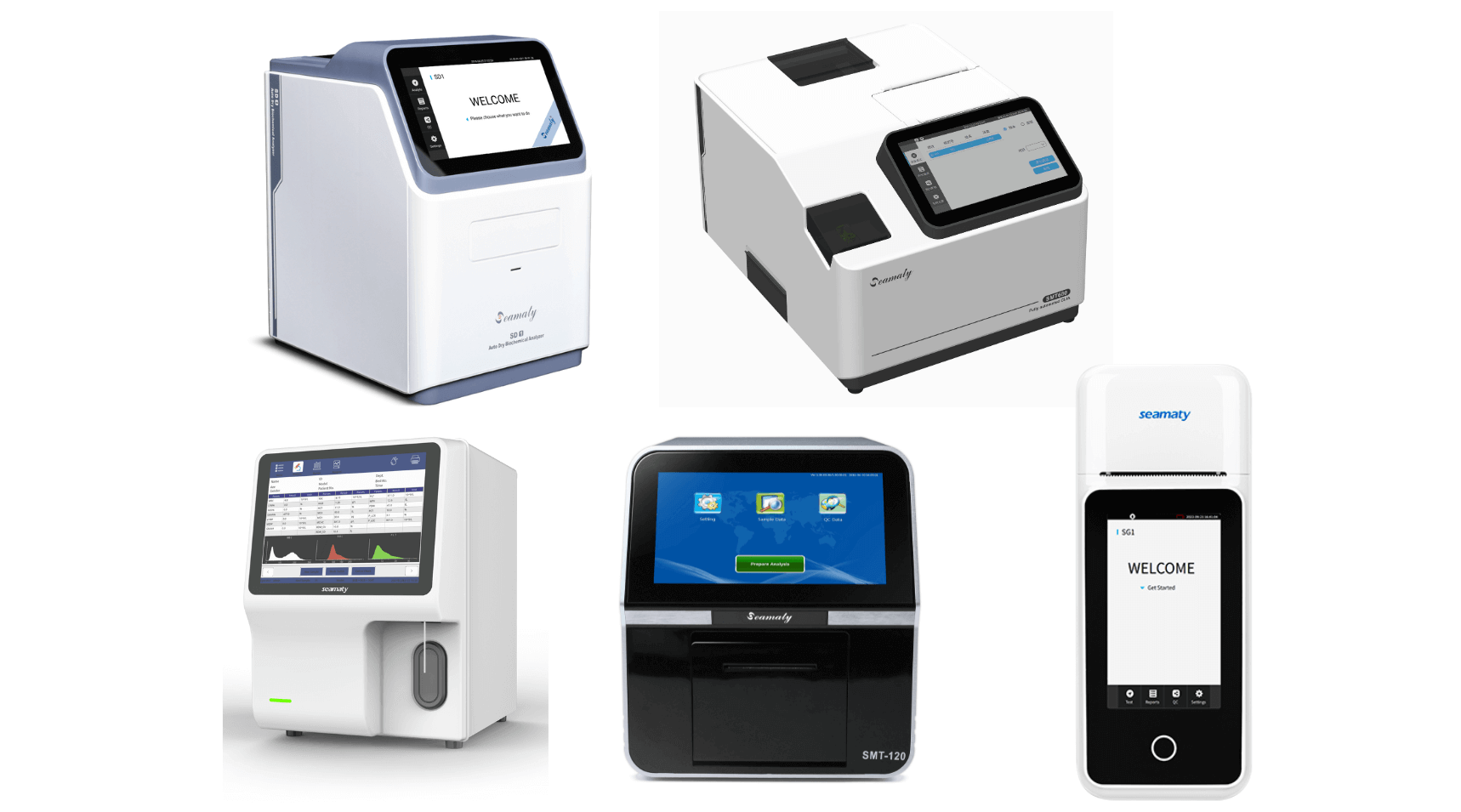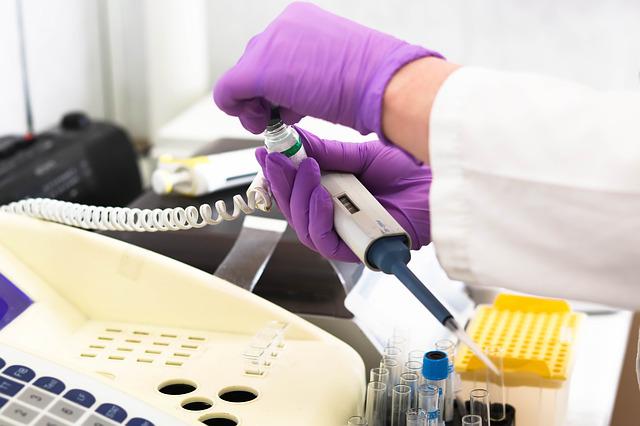1. What are Diagnostic Tests In Lab?
Diagnostic Tests In Lab include a series of blood and urine tests. Blood tests may include testing for genes (inherited diseases) or determining the amount of oxygen in the blood. Urine tests may check the blood, chemicals, bacteria and cells for infections or other abnormalities.
2. What are the different types of laboratory tests?
Clinical chemistry uses chemical reactions are processes to detect levels of chemical components in body fluids and tissues. The most common specimens used in clinical chemistry are blood and urine.
The following are some of the more common laboratory tests.
-
1) Urinalysis
-
2)Blood tests
-
3) Tumor markers
1) Urinalysis
A urine test consists of examining the urine for color, clarity, pH, cells, tubularity, specific gravity, sugar and protein. What problems can be detected by this test?
Urine tests can detect some of the earliest kidney diseases. This is because kidney disease is particularly insidious in its onset. Once the disease is detected, it is usually in the middle or late stage of development.
So urine test can detect the changes of kidney disease at the earliest. If the cells in the urinalysis appear tubular or protein. This is an indication of disease. Especially kidney disease and related urinary tract system diseases. For example, glomerulonephritis, pyelonephritis, and cystitis and urethritis.
2) Blood tests
Blood tests are offed used to check cell counts, measure various blood chemistries and markers of inflammation, and genetics. Examples include salts, blood counts, and heart-specific protein markers. (Other tests may include blood chemistry, liver and kidney function assessments, and genetic studies).
3) Tumor markers
Tumor markers are substances that are released into the blood or urine by cancer cells. Or they are substances produced by the body in response to cancer cells. Tumor marker tests can be used to assess how well a patient responds to treatment and to check for tumor recurrence. Tumor markers can be used to identify potential problems.


